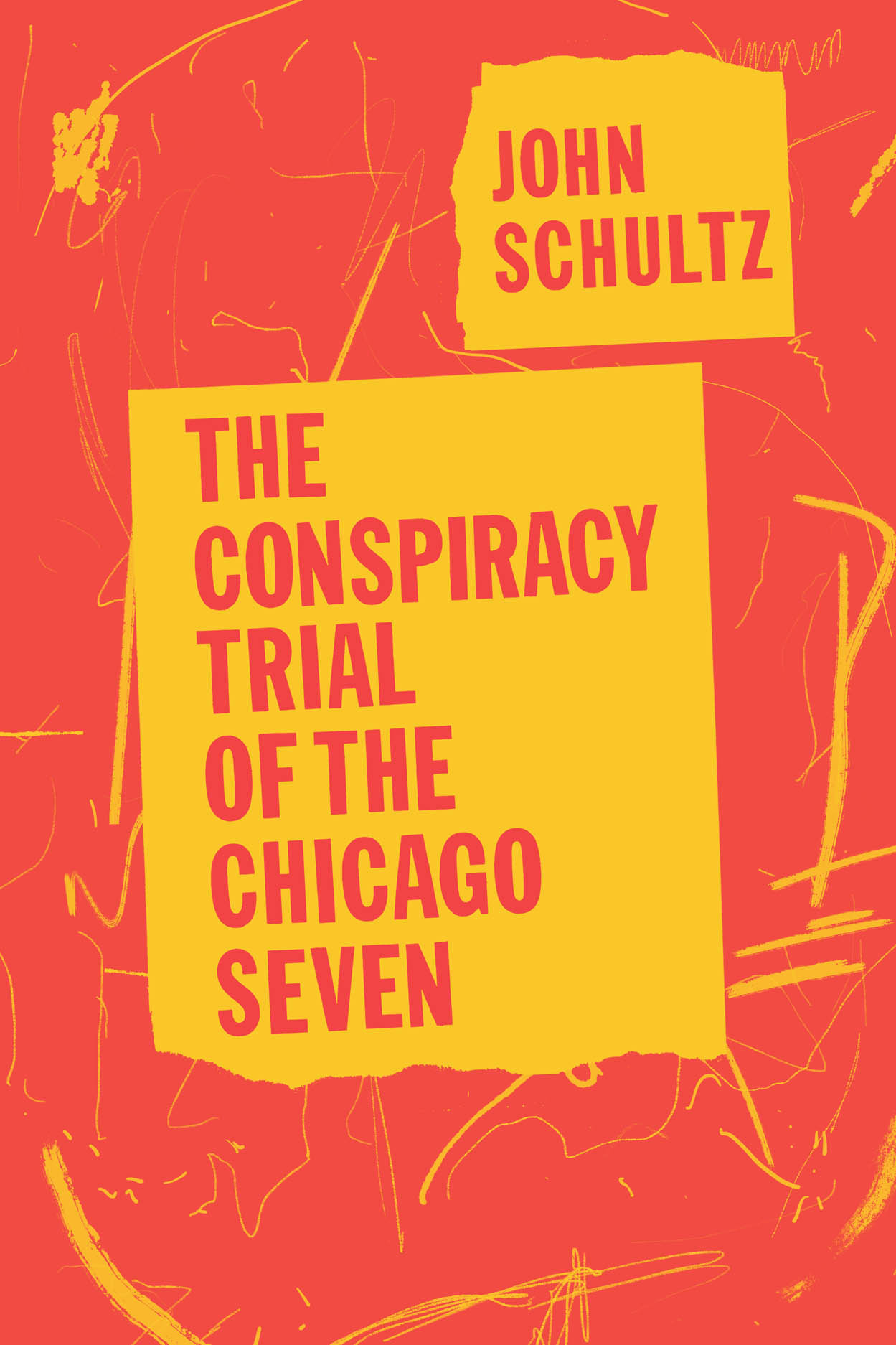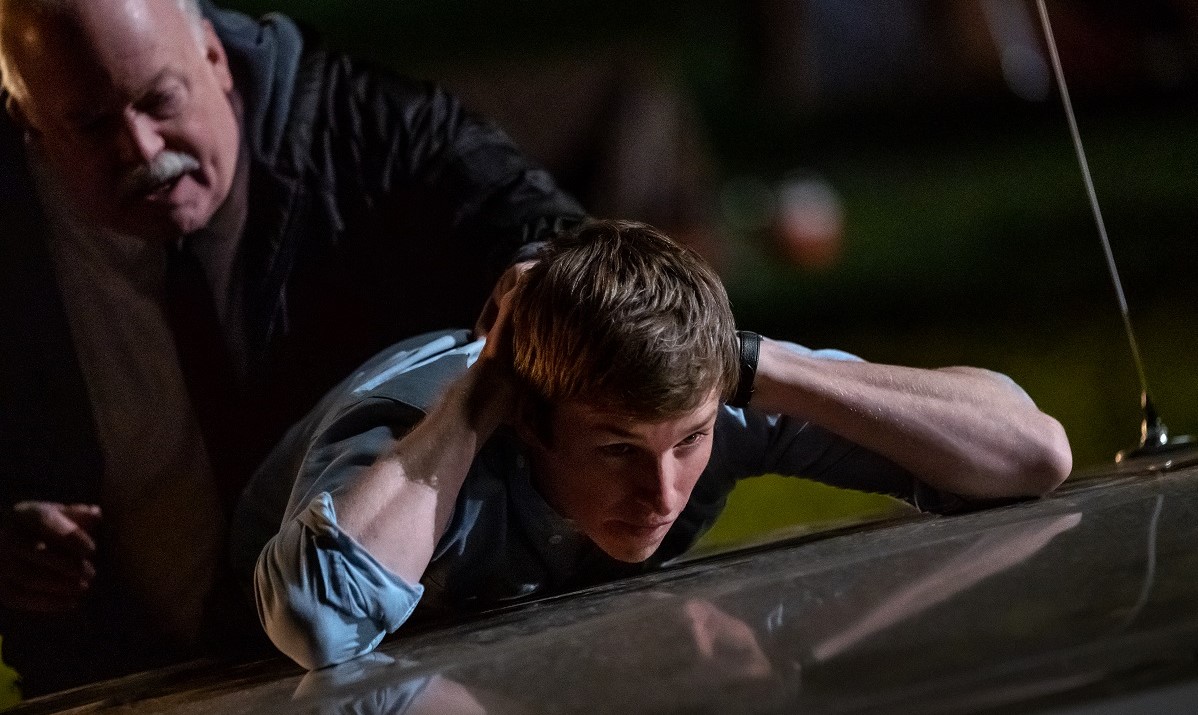

Mackenzie) ended up prosecuting the case. Attorneys Richard Schultz (Joseph Gordon-Levitt) and Thomas Foran (J.C. Nixon was president by then and, prompted by his attorney general, John Mitchell, the U.S. Originally known as the Chicago Eight, Abbie Hoffman (played by Sacha Baron Cohen) and his co-defendants - Bobby Seale (Yahya Abdul-Mateen II), Tom Hayden (Eddie Redmayne), Jerry Rubin (Jeremy Strong), Alex Sharp (Rennie Davis), David Dellinger (John Carroll Lynch), Lee Weiner (Noah Robbins), and John Froines (Dan Flaherty) - landed in the courtroom of the unforgiving 74-year-old federal judge (Frank Langella) after President Johnson’s attorney general, Ramsey Clark (Michael Keaton), declined to prosecute them.
#CHICAGO SEVEN TRIAL#
Aaron Sorkin’s new film, The Trial of the Chicago 7, is based on this true story of a disparate group of antiwar protest organizers, including Abbie Hoffman, who were charged with conspiracy to incite a riot, among other things, after peaceful demonstrations during the 1968 Democratic National Convention turned into brutal clashes with the Chicago police and the National Guard. Police targeted Davis and beat him on the head with batons, Farber said.“You are a shande far die goyim” - an embarrassment to the Jews - said political activist Abbie Hoffman in Yiddish to Judge Julius Hoffman, the man presiding over his infamous trial. Wally McNamee / Corbis via Getty Images file Rennie Davis, one of the Chicago 7, at a hearing of the House Un-American Activities Committee.
#CHICAGO SEVEN TV#
He said the protest became famous not because of how many people showed up “but because a commission later determined that there had been a ‘police riot.'" And because of the TV coverage of the Democratic Convention, “images of this protest were seen all over the United States and indeed all over the world,” Farber said. “He was the one negotiating with the (Mayor Richard J.) Daley administration, trying to get permits and the right to march and rally," Farber said. Unlike the more famous members of what became known as the “Chicago Seven” - including Hoffman and Rubin - Farber said Davis “was not a celebrity, but he was a very essential organizer for the anti-war movement.” That conviction also was overturned.ĭavis was “one of the most important nuts and bolts organizers of the anti-war movement in the 1960s and the early 1970s,” said David Farber, a distinguished professor of history at the University of Kansas who has written four books about the 1960s - including “Chicago ’68” - which details the anti-war protests in Chicago. An eighth defendant, Bobby Seale, was tried separately, convicted of contempt and sentenced to four years in prison. District Judge Julius Hoffman.Ĭo-defendants John Froines and Lee Weiner were acquitted. A federal appeals court overturned the convictions, citing errors by U.S. David Fenton / Getty Images fileĭavis and four co-defendants - Tom Hayden, Jerry Rubin, Abbie Hoffman and David Dellinger - were convicted of conspiracy to incite a riot during the “Chicago Seven" trial in 19. An investigative commission later described the clash as a “police riot.” Portrait of the Chicago Seven and their lawyers as they raise their fists in unison outside the courthouse where they were on trial for conspiracy and inciting a riot during the 1968 Democratic National Convention, Chicago, Oct. Davis himself was seriously injured and taken to a hospital.


Police clubbed demonstrators and carried out mass arrests. Some 3,000 anti-war demonstrators clashed with police and Illinois National Guardsmen on Aug. A longtime peace activist, Davis was national director of the community organizing program for the anti-war Students for a Democratic Society and was a protest coordinator for the Chicago convention.


 0 kommentar(er)
0 kommentar(er)
